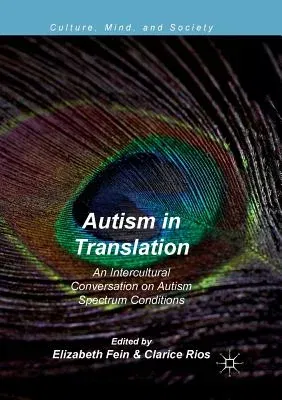Autism in Translation: An Intercultural Conversation on Autism Spectrum Conditions (Softcover Reprint of the Original 1st 2018)Paperback - Softcover Reprint of the Original 1st 2018, 20 December 2018

Qty
1
Turbo
Ships in 2 - 3 days
In Stock
Free Delivery
Cash on Delivery
15 Days
Free Returns
Secure Checkout
Part of Series
Culture, Mind, and Society
Print Length
304 pages
Language
English
Publisher
Palgrave MacMillan
Date Published
20 Dec 2018
ISBN-10
3030066320
ISBN-13
9783030066321
Description
Product Details
Book Edition:
Softcover Reprint of the Original 1st 2018
Book Format:
Paperback
Country of Origin:
NL
Date Published:
20 December 2018
Dimensions:
21.01 x
14.81 x
1.73 cm
ISBN-10:
3030066320
ISBN-13:
9783030066321
Language:
English
Location:
Cham
Pages:
304
Publisher:
Series:
Weight:
385.55 gm

